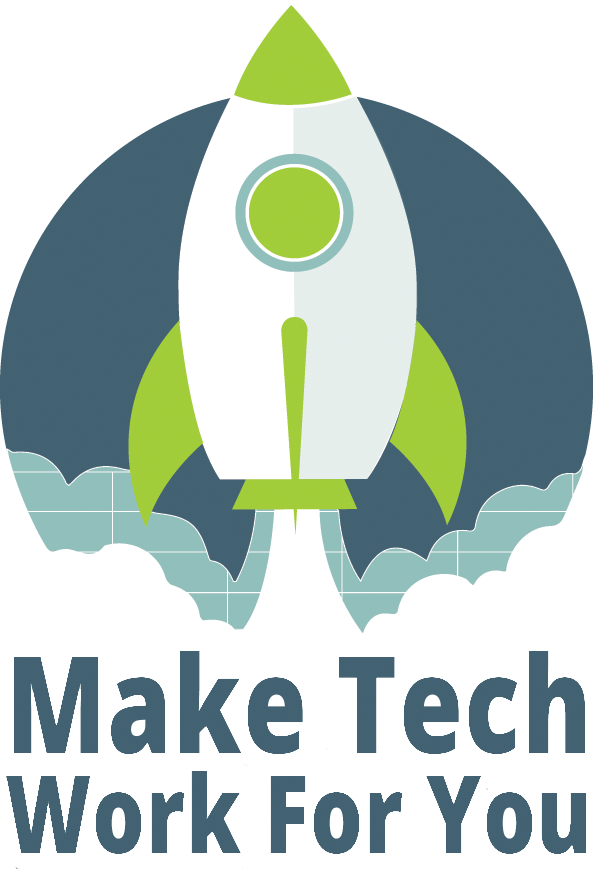Doing The Dishes
Inspiration for this blog post:
unexpected joy of data entry by Samantha Shain
It can be tempting to route out the Manual Repeatable Tasks (MRTs) in our lives with a ruthless passion, slashing them with the sword of automation and vanquishing the wasted time and brain space spent on them in the past. Next to AI, automation is the most currently popular technology for the buzziest of buzzes - digital transformation. It is indeed important and something that we all should be acquainted with and be able to take advantage of. And also:
“If while washing dishes, we think only of the cup of tea that awaits us, thus hurrying to get the dishes out of the way as if they were a nuisance, then we are not “washing the dishes to wash the dishes.” What’s more, we are not alive during the time we are washing the dishes. In fact we are completely incapable of realizing the miracle of life while standing at the sink. If we can’t wash the dishes, the chances are we won’t be able to drink our tea either. While drinking the cup of tea, we will only be thinking of other things, barely aware of the cup in our hands. Thus we are sucked away into the future—and we are incapable of actually living one minute of life.” -Thich Nhat Hanh, The Miracle of Mindfulness
The dishwasher automates our dish washing. But we would be wise to consider what the manual act of washing the dishes can mean to us. We wash the dishes to be clean, we wash the dishes to be healthy, we wash the dishes to ease our anxiety about dishes in the sink, we wash the dishes to take care of ourselves and our family, we wash the dishes to prepare for friends coming over. We wash the dishes because we are so extremely fortunate to have dishes, soap, and water, and the food that got on the dishes that we ate, and the time to stand at the sink and to be fully present with washing the dishes.
We would also be wise to do this same exercise with the MRTs in our work, especially the ones that we automate. Every once in a while, it might be a good idea to do the tasks ourselves, being fully present in them and understanding the reasons for doing them and finding the gratitude for them. In the moment of these tasks, we do not need to rush through, thinking only of the next task on our to do list. We can stand at the computer and clear our minds of other distractions - close out your tabs, turn off email notifications, minimize Slack, put your phone down somewhere else. Focus on the task at hand. This mindful approach to work is important not just for deep work, but even for the MRTs in our lives. Examining our tasks with mindfulness can also help us when we build our automations. It gives us deeper insights into the “why” and the “how” of the work, which are critical to informing any automation.
If you are interested in exploring these concepts more with your nonprofit peers, consider the Learn, Use, Love Gathering in April in New York. We will learn about mindfulness and mindful work, practice it with real work from your real job, and build plans for ongoing professional development in our work.

